Marco Rubio says US committed to NATO – but tells allies to spend more
The US secretary of state reassured his Danish counterpart of the ‘strong’ ties between the two countries, as tensions soar over Washington’s territorial threats against Greenland.
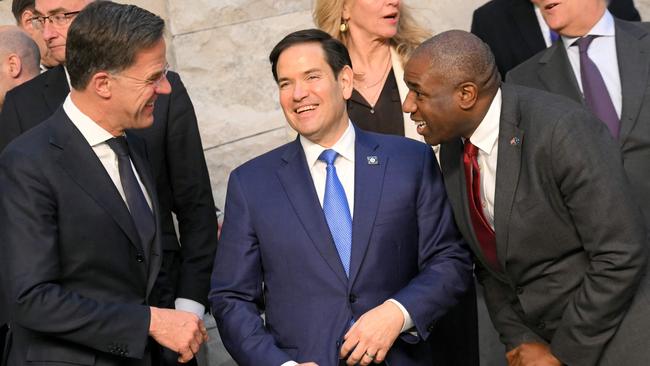
US Secretary of State Marco Rubio has told nervous NATO members that Washington remained committed to the alliance, but said they must agree to massively ramp up their spending targets for defence.
President Donald Trump has rattled Europe by casting doubt on his willingness to defend all allies, and by reaching out to Russia over the war in Ukraine — before further raising tensions with his latest trade tariffs.
“Some of this hysteria and hyperbole that I see in the global media and some domestic media in the United States about NATO is unwarranted,” Mr Rubio said on his first visit to meet his NATO counterparts in Brussels.
“President Trump’s made clear he supports NATO. We’re going to remain in NATO,” he said.
Ahead of NATO’s June summit in The Hague, Mr Trump has demanded that the alliance more than double its current spending target to five per cent of GDP — more than any, including Washington, spend now.
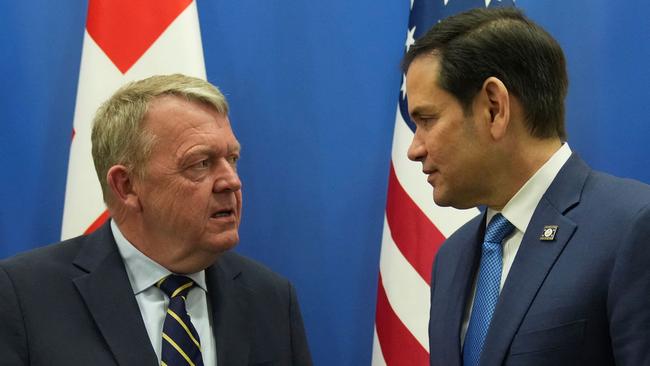
“We do want to leave here with an understanding that we are on a pathway, a realistic pathway to every single one of the members committing and fulfilling a promise to reach up to five per cent spending, and that includes the United States,” Mr Rubio said.
“No one expects you’re gonna be able to do this in one year or two. But the pathway has to be real,” Rubio said.
He insisted that Trump was “not against NATO. He is against a NATO that does not have the capabilities that it needs to fulfil the obligations.”
The words of reassurance will provide succour to allies, who are rushing in the meantime to show Washington they are stepping up.
A string of European countries have announced steep increases in military budgets, with economic powerhouse Germany opening the way for a major splurge.
“Great things are happening. Over the last couple of months, we literally see hundreds of billions of euros rolling in,” NATO chief Mark Rutte said.
“So this is probably the biggest increase in defence spending here on the European side of NATO since the end of the Cold War,” he said. “But we still need more.”
No ‘sudden’ withdrawal
As Europe grapples with the threat from Russia, Trump’s administration has set the continent on edge by raising the prospect it could shift forces away to focus on other challenges like China.
Officials have said that if Washington is planning a major shift away it needs to agree a clear timeline over years for Europe to fill the gaps left behind.
“There are no plans for them to all of a sudden draw down their presence here in Europe,” Mr Rutte said.
“But we know that for America, being the superpower they are, they have to attend to more theatres than one. It’s only logical that you have that debate.”
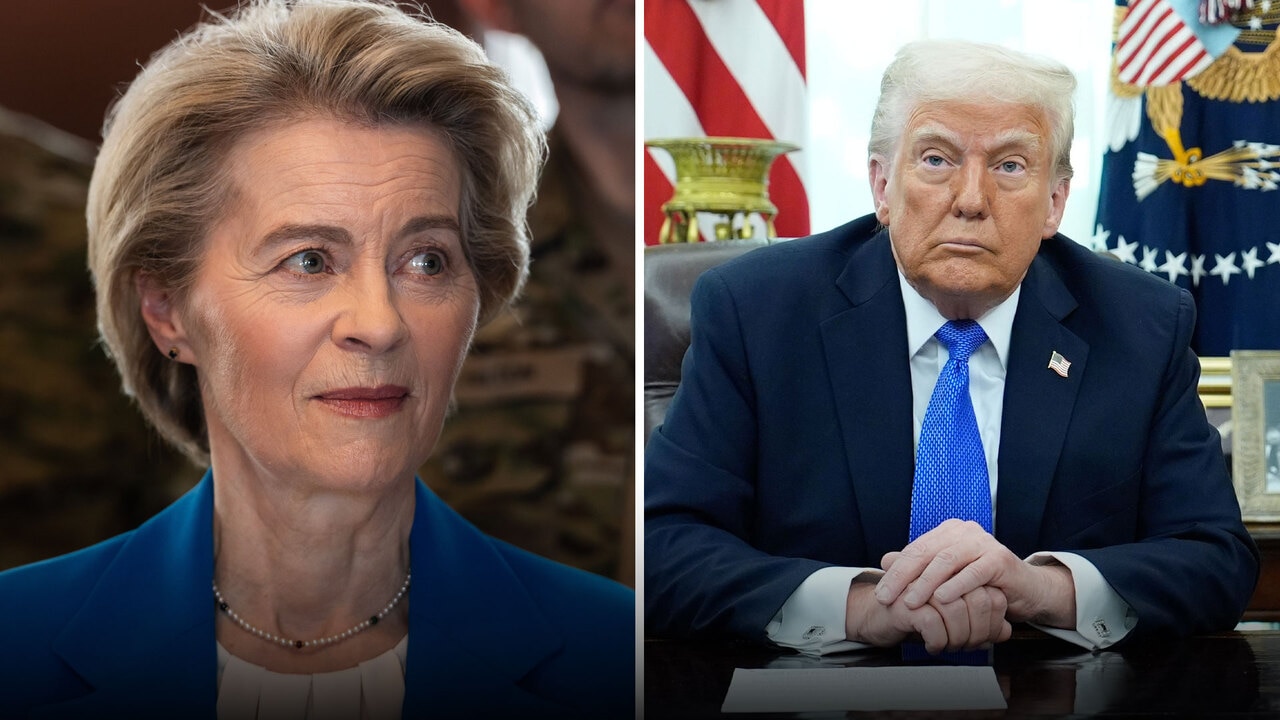
Europe is nervously eyeing Mr Trump’s outreach to its number one nemesis Russia as he sidelines allies to press for a deal with Moscow to end the Ukraine war.
Allies are pleading with Mr Trump to stand strong against Moscow as he pushes for a partial ceasefire despite the warring sides trading accusations of ongoing strikes.
He has cheered allies by menacing Russian President Vladimir Putin with sanctions for dragging his feet, but there are fears Mr Trump may ultimately want to draw close to a country viewed as NATO’s main foe.
“We have to admit that there is only one aggressor in this situation. This is Russia,” Lithuania’s Foreign Minister Kestutis Budrys said.
“Russia is a long-term, direct military threat to all NATO and to Ukraine, and for Ukraine, we need a just and long lasting peace,” he said.
Meanwhile, Britain and France are spearheading talks on sending troops to Ukraine to shore up any deal Trump might strike.
Sidestepping tariff row?
Beyond NATO and Ukraine, Mr Trump has also rocked allies by making territorial threats against Canada and Denmark, insisting that he will take over Greenland.
Mr Rubio reassured his Danish counterpart of the “strong” ties between the two countries on Thursday, local time, as tensions soar over Washington’s territorial threats against Greenland.
“Secretary Rubio reaffirmed the strong relationship between the United States and the Kingdom of Denmark,” a US statement said after a meeting on the sidelines of a NATO meeting in Brussels, without saying if there had been any discussion on Denmark’s autonomous territory of Greenland.
Foreign ministers largely looked to skirt the issue of a looming trade war after Mr Trump’s hefty tariffs on allies, in particular the European Union.
But some warned that economic disputes risked jeopardising NATO’s unity and its ability to strengthen itself.
“It’s important to understand that we grow faster and better together, that if we want to build resources for a stronger defence, we need to have economic growth,” Norway’s Espen Barth Eide said.
“Protectionism will not do us any good.”


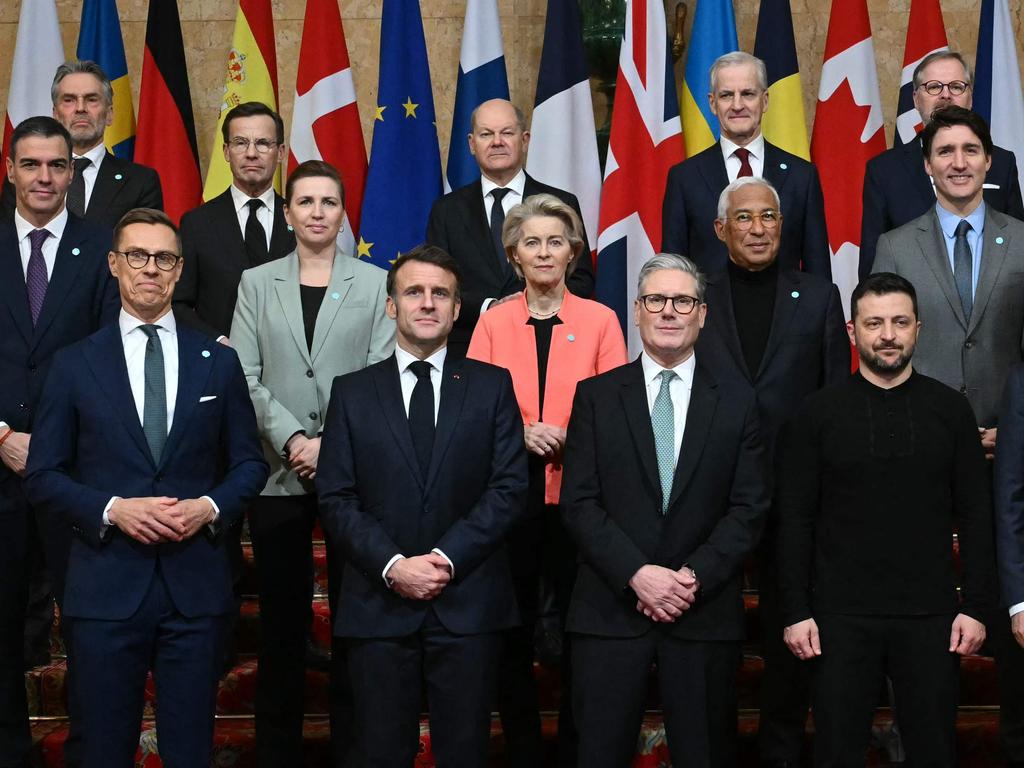
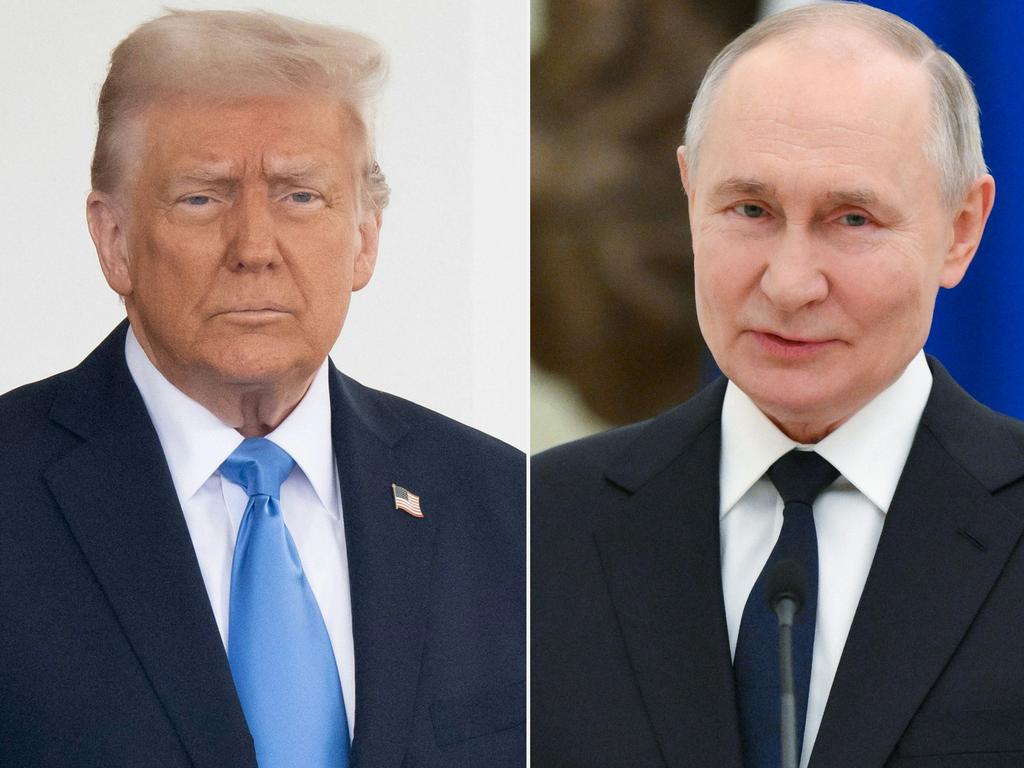


To join the conversation, please log in. Don't have an account? Register
Join the conversation, you are commenting as Logout